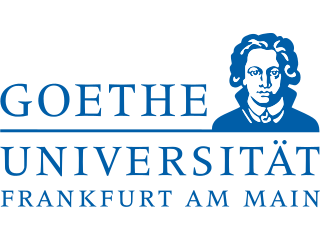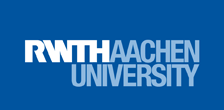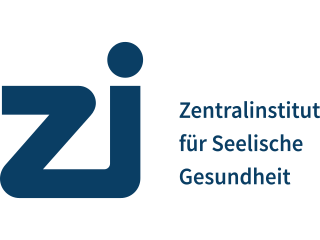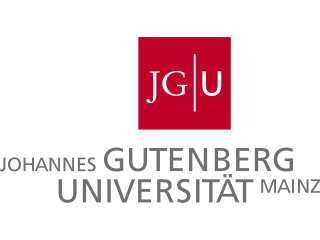TRR 379 Collaborative Research Center – Neuropsychobiology of Aggression
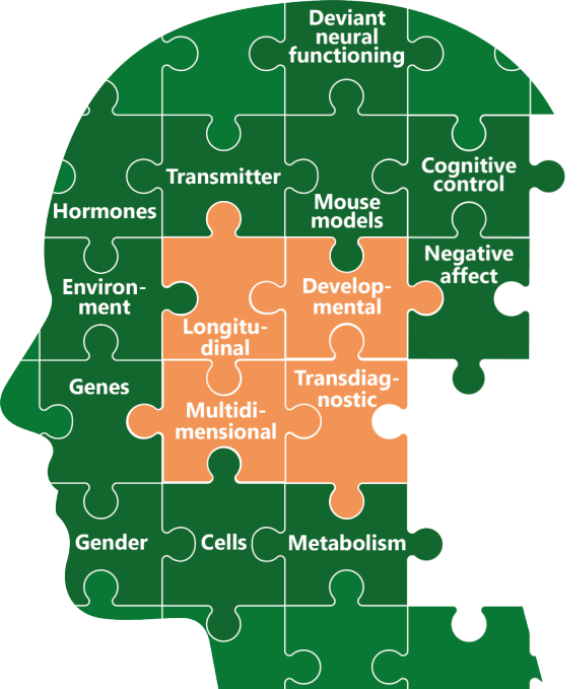
Project Overview
Aggression in mental disorders (AMD) is a challenging issue with significant clinical and societal impacts. The biological roots of aggression and its various forms are not well understood, making it difficult to develop effective treatments. This project unites top German researchers to explore the biological, genetic, and psychological factors driving AMD. By focusing on key systems related to emotion and cognition, we aim to identify specific biosignatures that predict aggressive behavior.
Our three main goals are to study AMD across different disorders, understand its underlying mechanisms, and track its development over time. This work will help create tailored strategies for preventing and treating aggression in mental health contexts.
Our role in the project
At the Molecular Genetics Laboratory, part of the Department of Child and Adolescent Psychiatry, Psychosomatics and Psychotherapy (CAPPP) at the Center for Mental Health, University Hospital Frankfurt, we focus on unraveling the complex interactions between biological and environmental factors that drive aggressive behavior in youth with mental disorders. Our research examines the impact of genetic variations, hormones, neuropeptides, and environmental influences—such as early adversity and community violence—on different forms of aggression. We specifically investigate reactive aggression and secondary callous-unemotional traits in relation to the negative valence system , which governs emotional responses like anxiety and anger. Additionally, we study how the cognitive control system is linked to proactive, instrumental aggression, primary callous unemotional traits, and impulsivity.

Our research goals
Our project aims to achieve three main objectives. First, we seek to identify the role of various risk factors—such as genetic predispositions, pregnancy-related issues, peer interactions, and hormonal levels like cortisol and oxytocin—in shaping the different dimensions of aggression. We will analyze these factors in both male and female adolescents with aggression-related mental disorders, such as conduct disorder. Second, we aim to identify specific biosignatures, or biological patterns, associated with each type of aggression by using advanced bioinformatics and machine learning techniques. Lastly, we will replicate our findings in an independent cohort to validate the results and test how these aggression dimensions relate to cognitive concepts of aggression.

Future Directions
It is essential to understand the longitudinal stability of identified biosignatures and to identify how these patterns change or persist over time. This will help us to connect our findings to new, personalized diagnostic and intervention approaches. Ultimately, our goal is to improve the understanding of aggression in youth with mental disorders and to develop tailored strategies for diagnosis and treatment, potentially leading to better outcomes for affected individuals.

We are Member the Equal Opportunity Working Group of the TRR to:
Foster a research culture that is characterized by mutual respect, appreciation and support where everyone can succeed.
Review our recruitment processes and ensure that they do justice to the diverse skills and talents of all members as well as the performance standards essential to pursue excellent research.
Recognize diversity within and outside the TRR, value its potential and use it to the benefit of society, the involved institutions as well as society.
Make the contents of our diversity manifesto the subject of internal and external dialog.
Inform the members about the added value of diversity and involve them in the implementation of the manifesto.
Engage in measures to identify and overcome hurdles associated with specific aspects of personal diversity.
We embrace humility, recognizing that continuous refinement, innovation and open, constructive feedback are essential to advancing our mission and fostering mutual trust in a diverse environment
